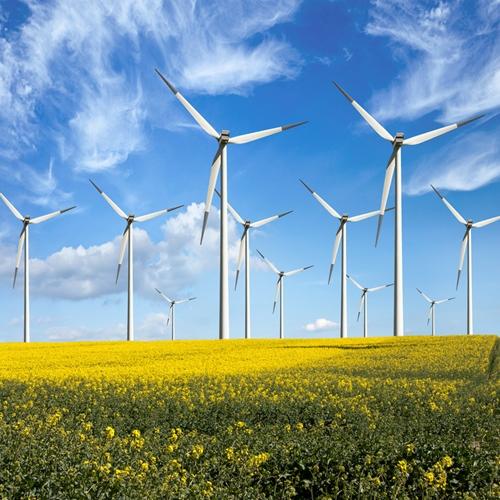Greenpeace released its “Clicking Clean: How Companies are Creating the Green Internet” report on April 2, which showed how some organizations are taking great strides toward data center sustainability, and how some are falling behind in their efforts. Two well-known companies – Amazon and Twitter – were featured in the Greenpeace study, but did not receive admirable marks.
According to the report, there are currently 2.5 billion individuals across the globe connected to the Internet. As the world’s connected population is poised to reach 3.6 billion people within the next three years, the Web’s impact is bound to grow.
However, in order to ensure resource availability for years to come, more operators and users are increasingly focusing on green initiatives that help foster the sustainability of the facilities supporting the Internet. It is in this spirit that Greenpeace reviewed some of the top data centers in the nation to see just how green the Web really is.
Key Findings: The Bad News
Regarding Amazon Web Services and Twitter, Greenpeace found that their data centers leave something to be desired when it comes to sustainability.
Wired Magazine noted that estimates show that Amazon handles approximately one percent of the world’s Internet traffic. According to Greenpeace, only about 15 percent of the online activities dealt with by the organization is powered by green energy sources. Furthermore, the company has reportedly shown little improvement since receiving an unsatisfactory review in 2011. The report also stated that Twitter is on a similarly troublesome level of data center sustainability.
“Amazon Web Services, which provides the infrastructure for a significant part of the Internet, remains among the dirtiest and least transparent companies in the sector, far behind its major competitors, with zero reporting of its energy or environmental footprint to any source or stakeholder,” the report stated. “Twitter lags in many of the same areas.”
Greenpeace analyst Gary Cook noted that Amazon has done little to change its unsustainable image in the past few years. Recently, the utility supporting Amazon’s Oregon data center pushed for a relaxation of environmental restrictions in the region. Cook pointed out that if the Web service giant was motivated to reduce its energy consumption and environmental footprint, this scenario would be different.
Amazon executives released a statement responding to the report, noting that the AWS Cloud infrastructure is “inherently more energy efficient than traditional computing,” The Register reported. The company also noted that while industry leaders should work to protect the environment, the report uses “false assumptions on AWS operations and inaccurate data on AWS energy consumption.”
Twitter, on the other hand, released a statement in response to Greenpeace’s findings, stating that it is taking steps to make improvements.
“Twitter believes strongly in energy efficiency and optimization of resources for minimal environmental impact,” the statement read, according to Wired Magazine.
Key Findings: The Good News
Although Amazon and Twitter were unfavorably highlighted, the report did praise some organizations for their sustainable efforts. For instance, the study named six major brands with goals to utilize 100 percent renewable energy to support their data centers, including Apple, Box, Facebook, Google, Rackspace and Salesforce.
These companies – Apple, Facebook and Google – also had an impact on their local utility. Due to pressure from these groups, Duke Energy, based in North Carolina, established a Green Source Rider, allowing area customers to make large purchases of renewable energy.
“A number of leading brands, most notably Apple and Facebook, have made significant improvements in their energy transparency, discarding the previous dogma within the sector of withholding energy data due to competitive concerns,” the report stated.
Overall, Google was spotlighted due to the company’s leadership efforts in creating and operating Web services supported by sustainable energy sources. Additionally, Facebook received recognition for its Iowa data center and the associated wind energy used to power computing processes there. Apple may have received the most praise, as the report stated that the company has shown the most improvement its data center sustainability recently.




